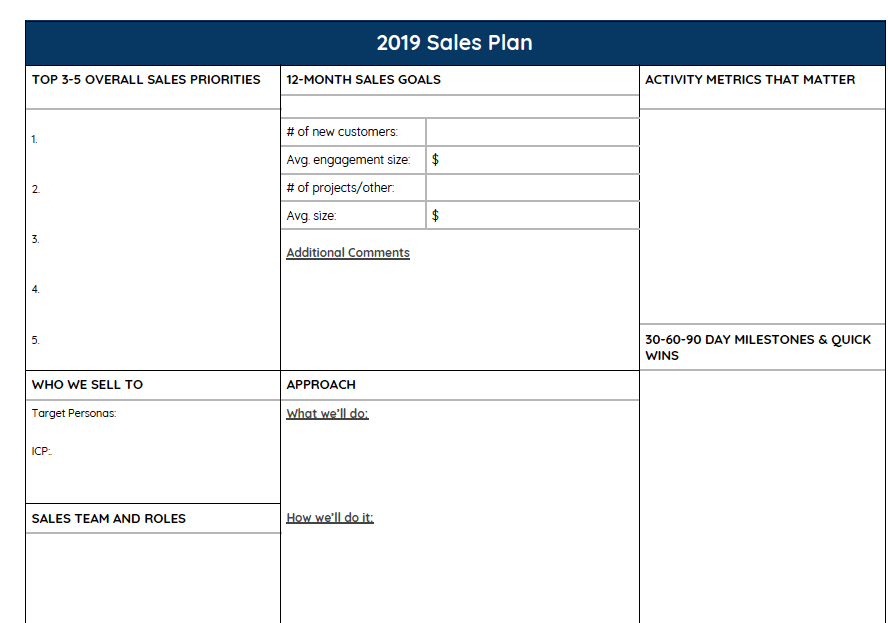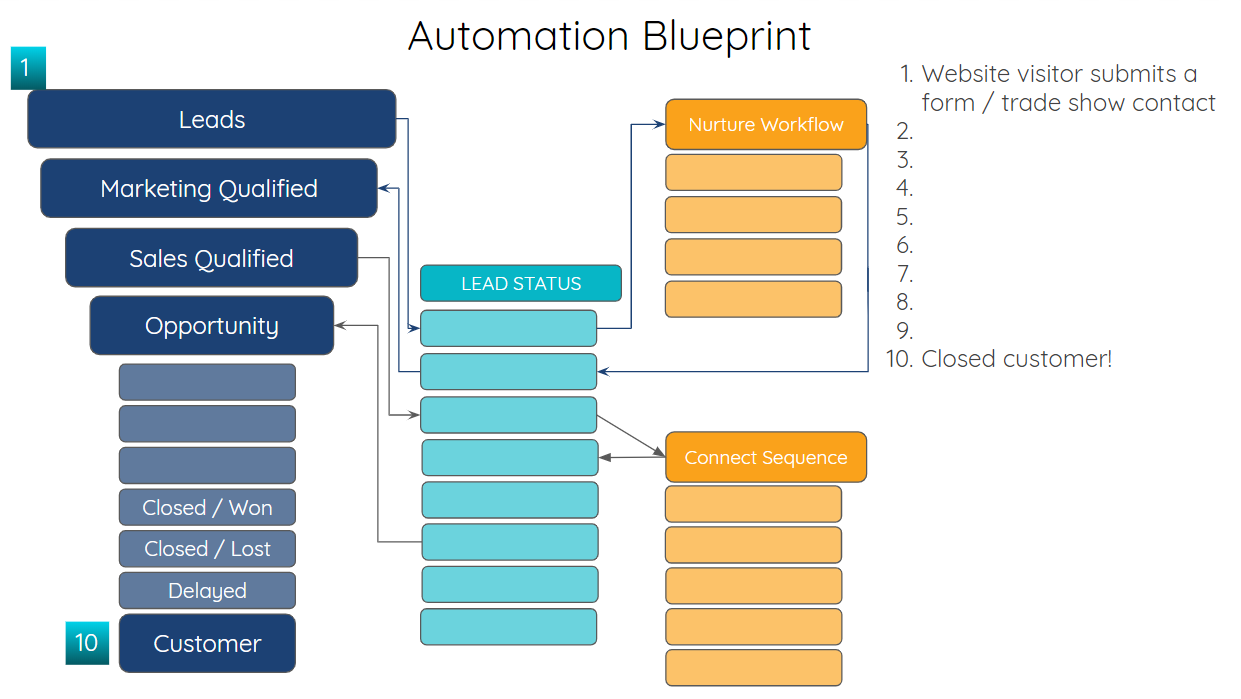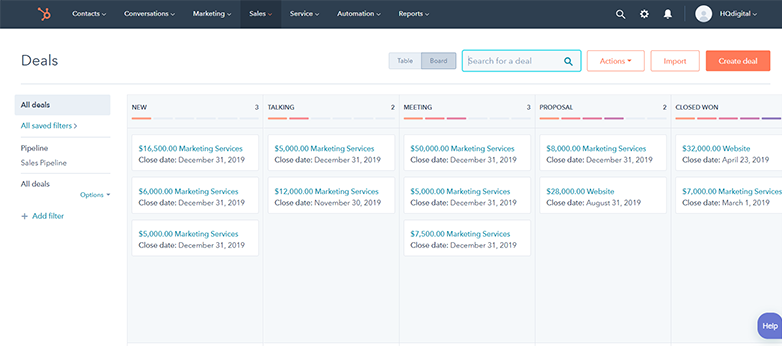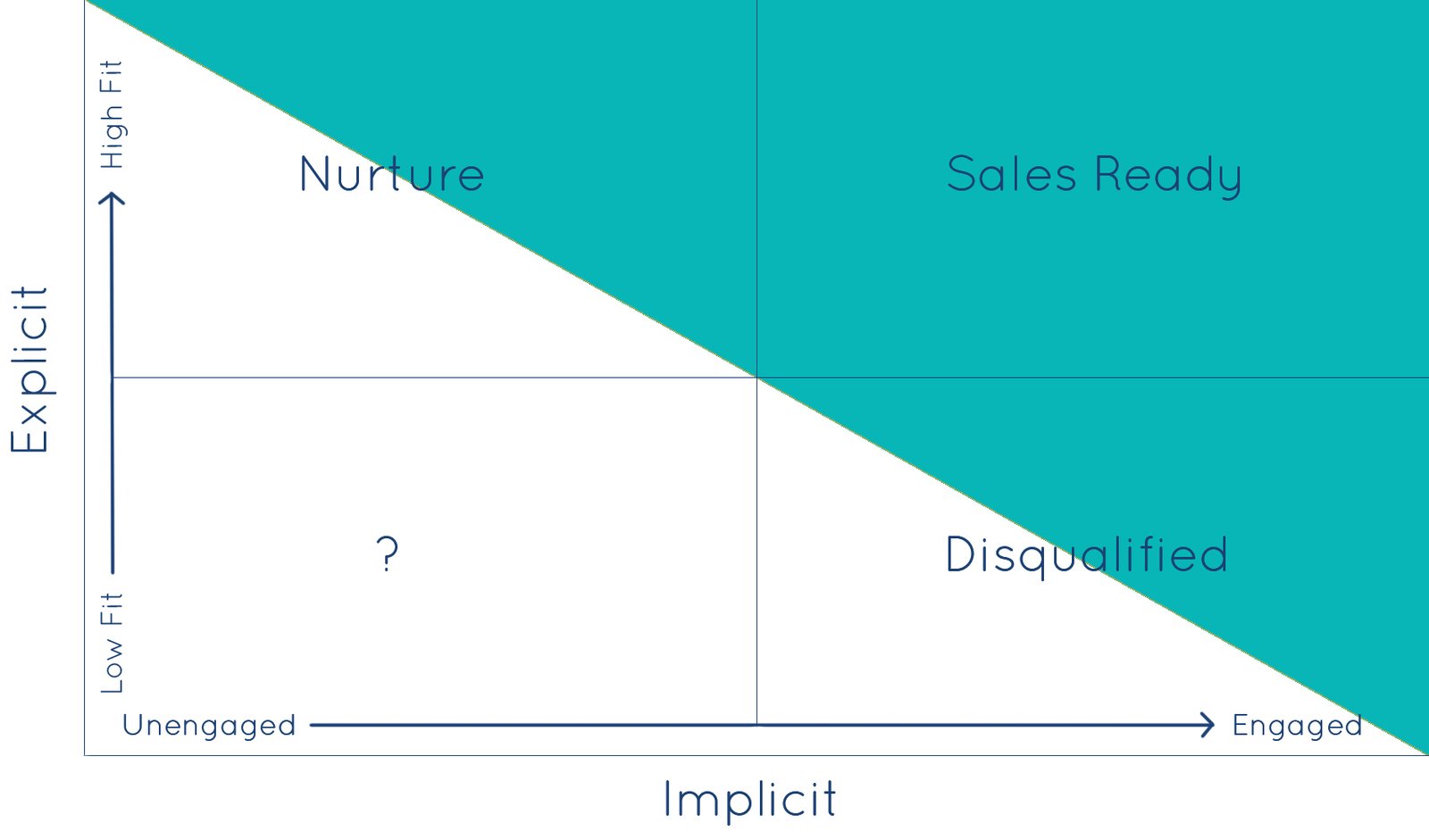
One key trait that identifies all high achievers is that they take action. They don't just talk about ideas; they do. Winning teams practice the art of implementation relentlessly.
It's not particularly surprising, then, that successful implementation of a strategic marketing plan is one of the biggest challenges consistently facing marketing teams.
Failed implementation is a stressful situation for any member of your marketing team, but it's marketing leaders that end up taking the brunt of the blame when a marketing plan fails to launch. Organizations regularly cite failure to execute a strategic plan as their primary reason for firing a CMO.
While it's true that strategy should always precede tactics, and that marketing tactics should always relate back to a higher strategic initiative, it's important to realize that a key part of successful strategy IS execution. As Colin Powell succinctly once put it, "strategy equals execution."
To win as a marketing leader, you need to build a team that flourishes and wins consistently, and to do that, you need to build a systematic process of successful implementation.
So, what do you need in order to ensure that your team can successfully implement your marketing plan?
Include an Action Plan
Many strategic marketing plans make the mistake of being, well, just too darn strategic. Far too many organizations create plans that stop at high-level strategy and fail to include specific action steps that are necessary to achieve their desired results. Without a concrete action plan attached, you're in receipt of a very philosophical, utterly unimplementable document.
This is a truly tragic omission. You need to include a specific, step-by-step action plan as part of your marketing strategy. If your team has been handed down a plan without an action plan, make this your first order of business.
The above scenario, where your team is the group tasked with creating the action plan, might be good news, by the way. Your action plan will be most successful when it's created collaboratively by the team that is tasked with its implementation. Human beings tend not to reject their own ideas, but they'll reject the ideas of others all day long. So, failing to include the team tasked with implementation when putting together the plan is actually a great way to set yourself up for failure.
More good news - your action plan doesn't need to be complex in order to succeed. It should be really simple and straightforward. Create a spreadsheet and include just a few columns. Put your high-level strategic goal at the top of your action plan. Label your columns like this:
- Column A is for major milestones.
- Column B is for your assigned team member - the person who will be responsible for completion of the milestone.
- Column C is for a different team member, who is tasked with keeping the person in Column B accountable.
- Column D is for a due date. Let the assigned person responsible set the due date for each action, or at least get their buy-in.
Your action plan should look something like this:
| Milestone | Responsible Party | Accountability Reminder | Due Date |
| Select 5 industry speaking events in our region for 2019 | Lex | Kelly | 3/1 |
| Create speaking proposals for selected events | Meghan | Lex | 3/15 |
| Prepare template deck for 2019 speaking opportunities | Kelly | Meghan | 4/15 |
Each milestone will likely have its own set of action steps, milestones, and deadlines. The action plan you've created is just the beginning of a framework for successful implementation.
Buy-In
A big part of successful implementation means having people on your team who are fully bought-in to your goals.
The importance of buy-in can't be understated. You need to get a solid commitment from your team in order to achieve your goals. You can't afford to have saboteurs on your team, or even people rowing in different directions.
How do you achieve buy in? First, you'll need to define it for your entire team. Buy-in won't mean anything unless everyone on the team is on the same page about what that means. Some of my favorite strategic planning experts recommend developing a written definition of buy-in, printing it out, and then having everyone on the team sign it. Some even display it in the office, where everyone can see it every day. It might sound a little extreme, but it's a common trait of elite teams.
The best way to get buy-in, by the way, is to include the team, or representatives of the team, when building the strategic plan in the first place. If this isn't possible, at least include your team in the action plan, and include their opinions as often as feasibly possible.
Accountability
Establishing accountability on your team is perhaps the most important element of successful implementation. Even the best intentions for implementation of a marketing plan can go awry without a frank discussion of what should and will happen to non-performers.
Missed deadlines and lackluster performance need to have consequences, and you, as a leader, need to be willing to and have the courage to enforce them.
Decide as a group what the consequences of failing to hold up one's end of the bargain should be. Don't leave it up to the leader to be the hammer. When the group as a whole determines what the consequences should be, your team will be more successful.
A system of accountability isn't just important for your weakest links. The best people need accountability too. Maybe even more than weaker team members do.
For best results, create the consequences at the time you create your marketing plan, when everyone excited about implementation.
Pro Tip: No one is saying enforcing your agreed-upon consequences is going to be easy. It's far more fun, even for the best leaders, to focus on heroes and championships and winners and praise. But true leadership means having the difficult conversations too, and even thinning the herd when it's necessary. It's tough times that can define a truly great leader, so keep your head up. Do not create a system of consequences and then fail to enforce them. To do so will expose you to your entire team as weak and will create a culture of nonperformance and zero accountability.
Just Do It
"Just do it" isn't just the best brand slogan of all time, it's also great advice with regard to successful implementation of one's strategic marketing plan.
I can't tell you how often I hear excuses about why a marketing plan hasn't been implemented. We need more customer research. We're waiting for a new hire. We've waiting for the new hire to get up-to-speed. We're waiting for our team to get more bandwidth. We're waiting to put out these fires. You get the idea. The result is always the same - nothing gets done.
There will always be reasons not to do something. Winners get over it. Winners are brave, take action, and actually get things done.
Don't worry about perfection. Don't get bogged down with fear. Just plan the work, then work the plan. Push away excuses and just get started, and don't let yourself or your team lose momentum once you've taken a step forward.
"Just do it" is obviously easier said than done. Here are some tips to help you:
- Stellar communication - stellar communication among and outside of your team means a few things. Your communication must be crystal clear. It must be frequent, and it must be rhythmic. And, perhaps most importantly, communication must be both verbal and non-verbal. Leaders, you must recognize that your behaviors will be observed and replicated. Your communication is therefore extremely influential, especially your body language. If you are a remote team, make sure you use video conferencing so that you can maximize non-verbal communication and take and leave cues.
- Meet regularly - you need to meet with your team if you want to stay on the same page about what is happening with regard to the execution of your plan. Regular, rhythmic meetings break down a silo mentality on any team or in any organization. These meetings will also provide transparency into what other groups are doing and keep everyone accountable.
- Focus - the most elite teams are experts in focusing on what's important. Particularly in marketing, it's all-too-easy to get distracted, particularly when good ideas are raised. Do your team a favor: take all of those good ideas and create a "parking lot" of them to return to later. The next time you're ready to plan (see the next step below), you'll return to this mega-list of awesome ideas you've been accruing for months, and you'll have a head start on great initiatives for your next go-around.
Revisit the Plan
If you're going to do a good job implementing your marketing plan, you're going to need to know your plan very well, through and through.
It seems obvious, but it's amazing how many teams never return as a group to revisit the plan they are tasked with implementing. Failing to revisit your plan is akin to playing a high-stakes game of whisper down the alley. Everyone will have their own (biased) recollections and interpretations of the plan, and no two team members will be on the same page.
Don't take this wholly unnecessary risk. If you want to successfully implement a strategic marketing plan, you'll need to regularly and frequently return to the plan for reference. These regular check-ups are absolutely necessary to successful implementation.
Never get to the end of your plan before you plan again. You'll start making bad decisions if you do. This will rob your team of an effective decision-making framework. Make sure you give yourself ample runway before your current plan runs out.
Revisit your "parking lot of ideas" for inspiration as you're beginning to put together your new plan.
Mastering Marketing Plan Implementation
Remember, the most elite teams and people don't just think - they also get things done. Marketing teams, and especially leaders who fail to grasp this are doomed to frustrating, repetitive failure. Follow the steps above to build a repeatable, sustainable process for successful implementation, and success will surely follow.








